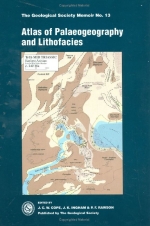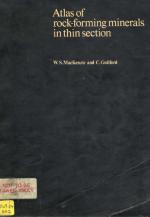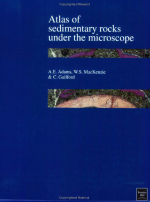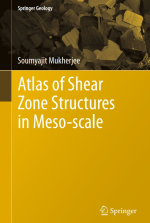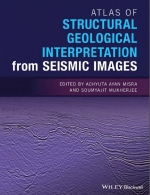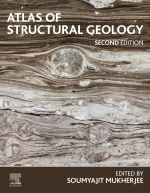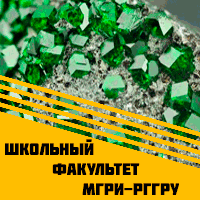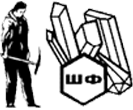Two of the most intensely studied aspects in structural geology are morphology and the genesis of folds (Ramsay, 1967; Hudleston and Lan, 1993; Ez, 2000; Harris et al., 2002; Harris, 2003; Alsop and Holdsworth, 2004; Carreras et al., 2005; Bell, 2010; Hudleston and Treagus, 2010; Godin et al., 2011; Harris et al., 2012a,b; Llorens et al., 2013; Mukherjee et al., 2015; Gogoi and Mukherjee, 2019). Of particular importance is whether folds found inside ductile shear zones are related to ductile shear (e.g., Carreras et al., 2005; Bell, 2010). This chapter presents folds of different geometries and generations, some related with ductile shear zones, from different scales (Figures 1.1–1.118). Figure 1.38 describes the compaction of mudstone. For general principles of compaction, consult the recent publications Mukherjee and Kumar (2018) and Dasgupta and Mukherjee (2020). Interestingly, hook-shaped folds typical of reverse shear kinematics are presented in Figure 1.57. A detailed review of reverse shear is available in Dutta and Mukherjee (2019); also see Dutta and Mukherjee (2020). See Mukherjee et al. (2020) for fold morphologies from other terrains. Folded surfaces, some of which taken from this chapter, have been used in fitting curves, for example, Gogoi et al. (2017, 2020). This shows a potential of use of snaps of structures with a similar purpose (e.g., Biswas and Mukherjee, 2020). <...>



